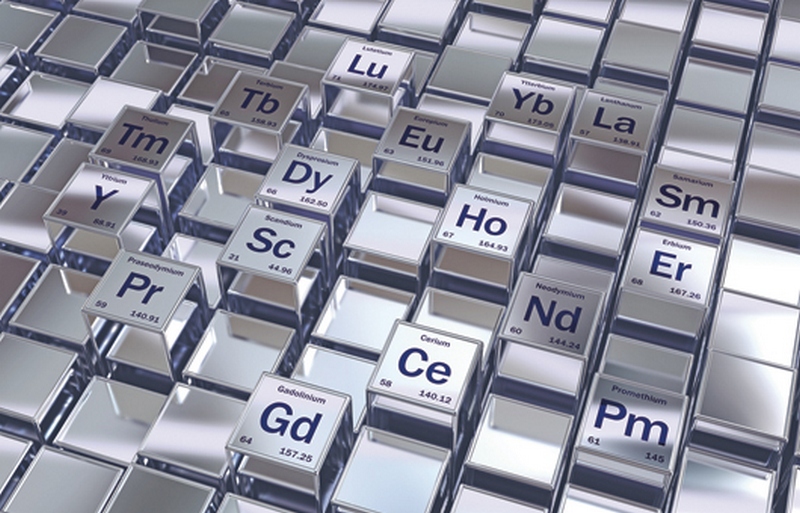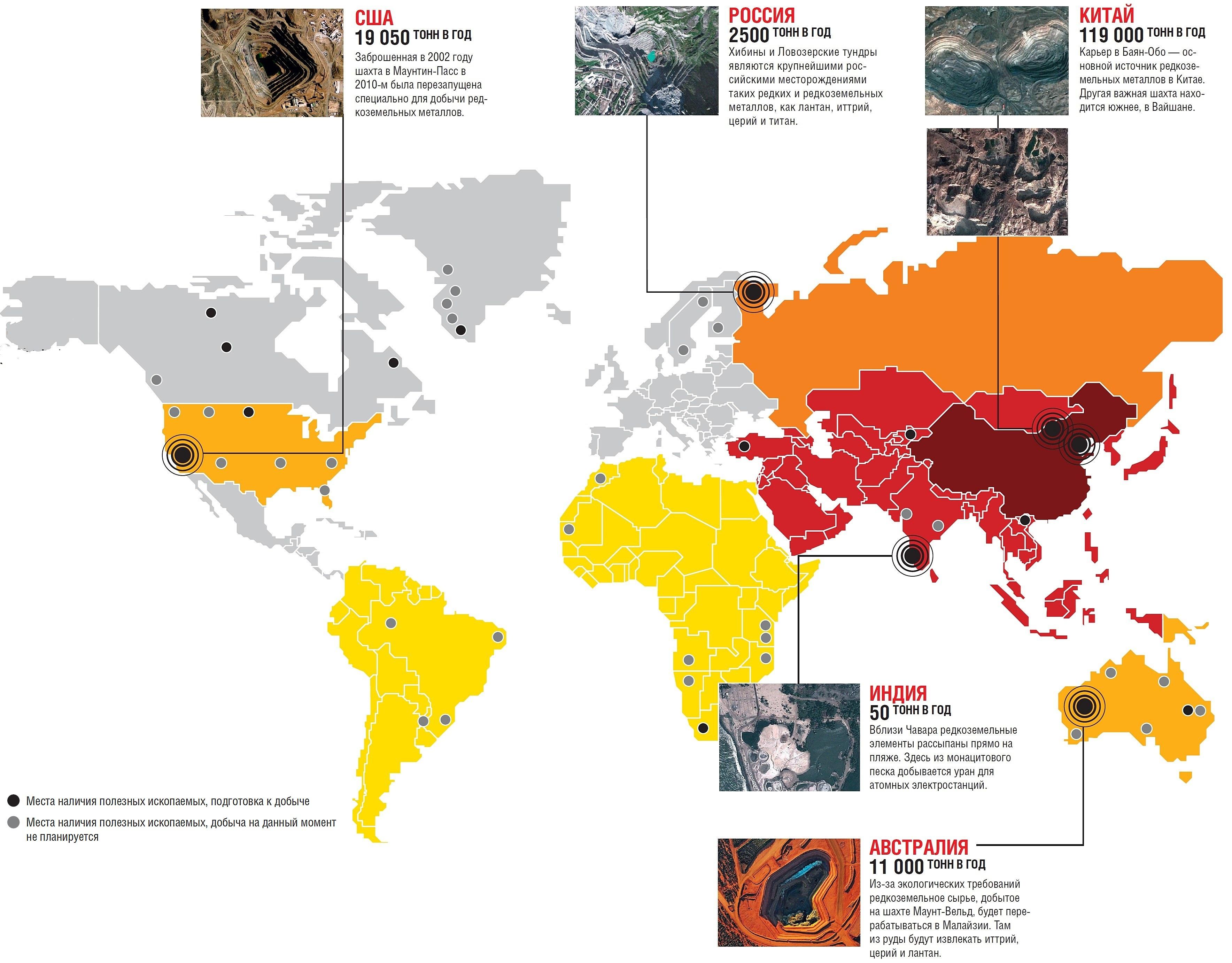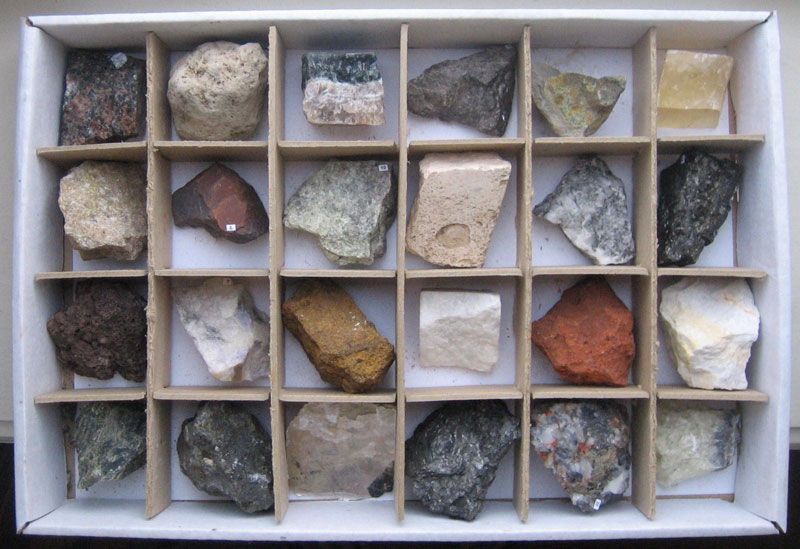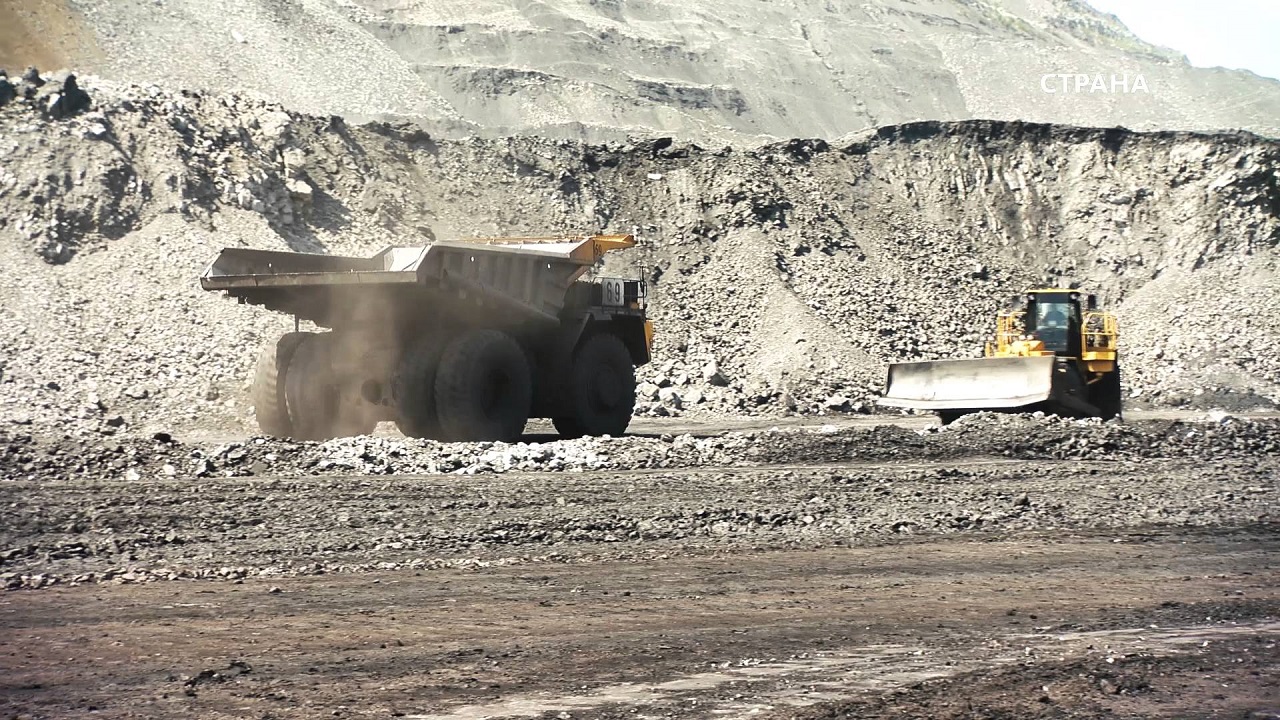
The plot in which countries fight for various resources is not uncommon for books and films. Actually, this is the reality of today, and not just fiction. But if earlier tribes and states fought for deposits of gold, water, oil, etc., now the subject of conflict is new resources - rare earth elements.
And we are no longer talking about a full-fledged war (at least for now), but about limiting the supply of elements within the framework of sanctions. In any case, the Ministry of Industry and Informatization of the PRC has already held a meeting to discuss the issue of reducing the supply of rare earth elements to the United States. What for?
Generally speaking, to reduce the country's defense capability. It's no secret that the US defense industry is strong thanks to technology. The ultra-modern F-35 and other high-tech types of weapons play an important role. It is impossible to make them without rare earth elements. And since China controls about 80% of the world's supply of such resources, then it is in its hands.
At the meeting of the Ministry , only the theoretical possibility of reducing the supply of resources important for the industry was discussed so far. The Chinese want to know how much such measures can affect the US defense industry and not only it. In addition, they want to understand how much the restrictions will affect international companies, including not only America, but also Europe.

China's cuts in resource supplies are a response to US sanctions that continue to expand. The ministry is now analyzing the supply situation to get an idea of how quickly the United States can find alternative suppliers of scarce resources. Actually, all this is applicable not only for the military, but also for any other industry, including aircraft construction, rocketry, heavy industry, semiconductor production, etc.
A prime example is the ultra-modern F-35 aircraft. The most modern materials are used for its production. If you limit their supply to the United States, then, most likely, the production of aircraft will not work - well, or there will be long delays. The aircraft is manufactured by Lockheed Martin, and according to it, each F-35 requires 417 kg of rare earths. And not ores, of course, but finished elements.

Why does China need all this?
Since Trump and his administration have decided to close China's access to US high technology, China, quite logically, is looking for similar leverage. The Celestial Empire cannot buy semiconductor chips made using American technologies. But the problem is that China itself supplies the overwhelming part of the resources for the production of these chips.
This is a very strange situation, but this is the reality of today. And if China retaliates in terms of supplies, the US may have to make concessions.
When it comes to semiconductor chip manufacturing, China is unlikely to set limits anytime soon. But the US military industry is the most likely candidate for sanctions from China. If those, of course, will be superimposed. The main beneficiaries of the sanctions are American companies Lockheed Martin, Boeing and Raytheon.
By the way, the official reason why China is going to impose sanctions is "strengthening national security." The State Council of the PRC and the Central Military Commission will have to approve the imposition of sanctions. If this is done, the United States may face real problems in many industries, because the same Lockheed Martin and Boeing produce not only military products.
Rare earth elements are also needed for the production of electrical systems, as well as wind turbines for the production of electricity.

Will the sanctions be imposed 100%?
It is not clear yet. According to some officials from the Middle Kingdom (it is clear that they wanted to remain anonymous), the imposition of sanctions will hit China itself. It's like now with the US sanctions against the Middle Kingdom - the latter is less and less dependent on American technology. Chinese companies are developing their own semiconductor chips and software and so far they are doing well.
If the Chinese already begin to refuse the USA in the supply of rare earth elements, then America, which is quite logical, will start looking for suppliers in other countries. It is not entirely clear whether these countries will be able to supply resources in the same volumes as China, but if so, then the latter may lose its status as the main supplier.
Sanctions are a double-edged sword, so they should be used wisely, as far as generally applicable in trade wars.
And the Pentagon itself is already thinking that the United States is very dependent on China. Actually, there is really nothing to think about here - everything is clear and so. There will be no supply of rare earth elements - it will not be possible to produce high-precision missiles and military drones.
The United States is thinking about opening mothballed deposits at home, starting to explore new ones and creating a production capable of supplying rare earth elements to the domestic market.
Not only sanctions

There is another interesting point - China does not even have to impose sanctions in order to reduce the production of rare earths. The fact is that in 2007 the country passed a law establishing production limits for Chinese companies. The goal is to reduce harmful emissions into the environment. Since then, a lot of water has flowed under the bridge, but the restrictions have remained a pure formality - few people comply with them, and the country's government turns a blind eye to all this.
But if something happens, China can demand strict compliance with the rules, because nature suffers. And then the flow of the most important resources for the United States and other countries will be greatly reduced, so that Chinese manufacturers will be able to choose exactly who they will allocate their products to. And American companies may not be on this list.
In general, now all that remains is to wait and follow the development of the situation. I would like to hope that it will at least remain at the current level.
